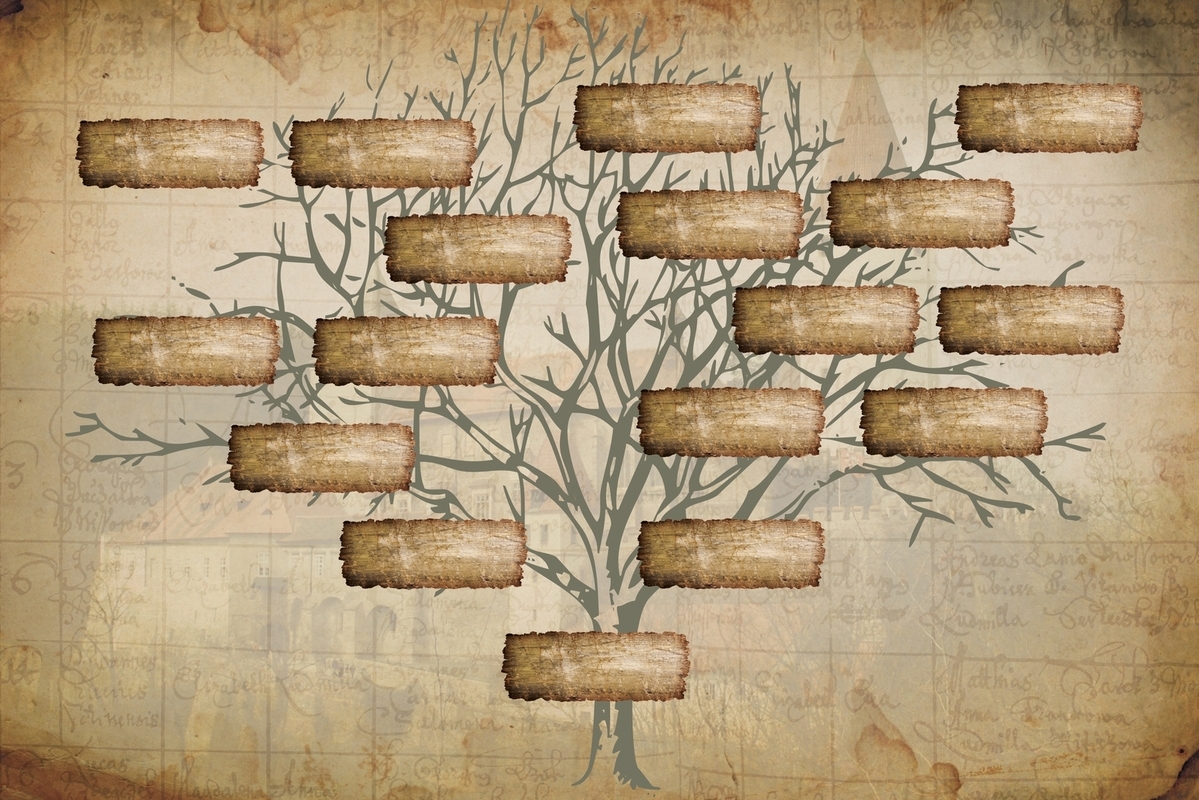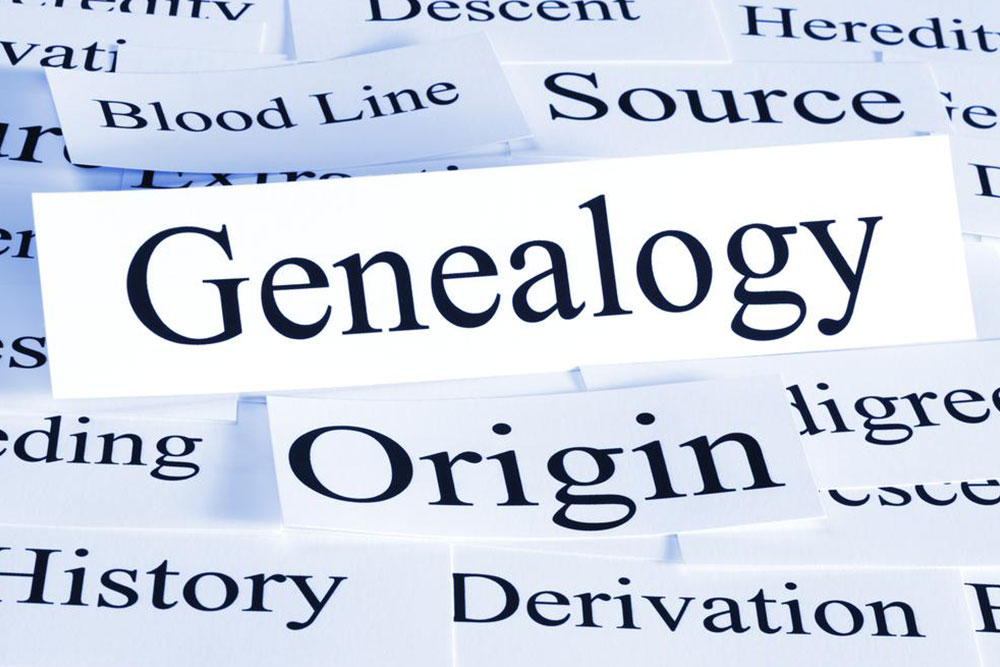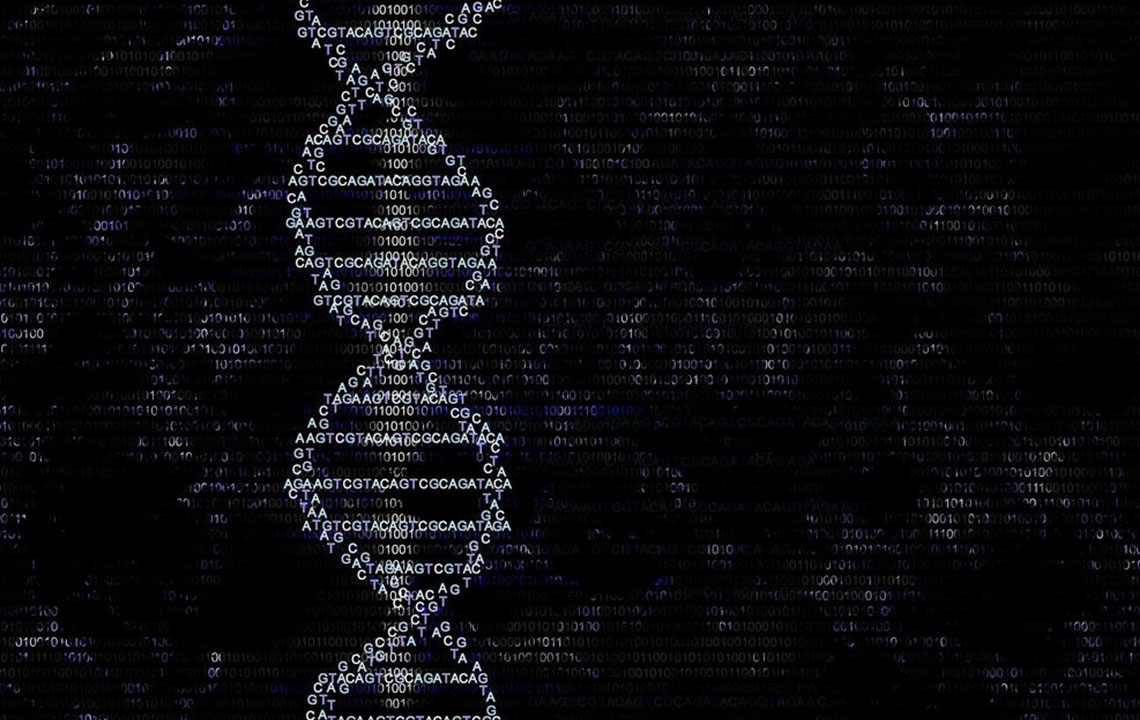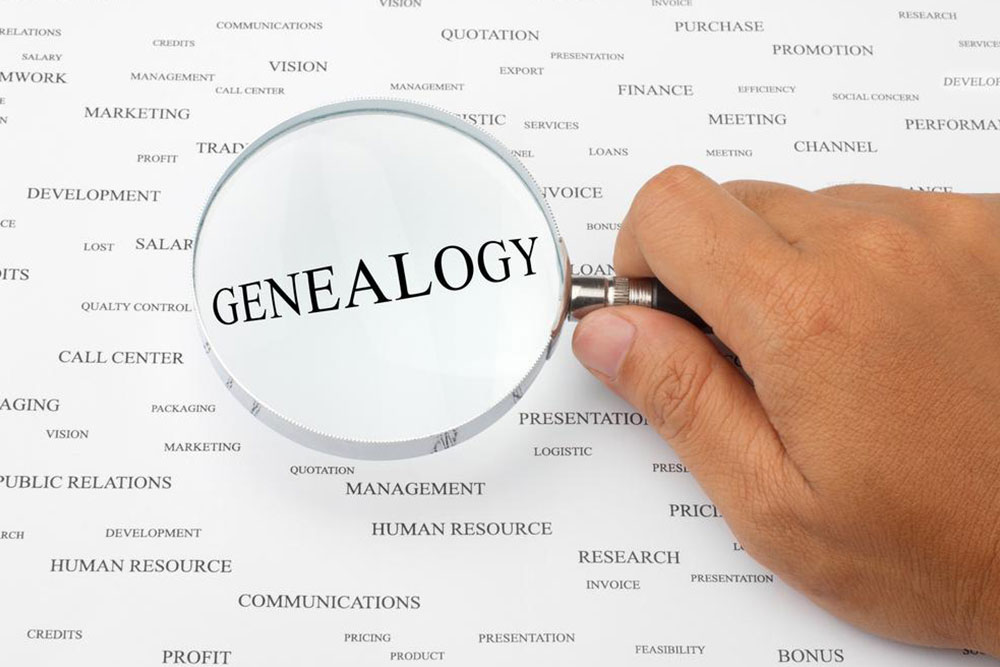Discover Your Ancestry: A Complete Family History Guide
This comprehensive guide helps you explore your family origins through genealogical research, record analysis, and DNA testing. Learn how to start, verify, and preserve your family history, creating lasting connections across generations. Discover tools, resources, and tips to uncover your roots and enrich your understanding of your heritage with confidence.

Discover Your Ancestry: A Complete Family History Guide
Why Research Your Family Background?
Strengthening Identity and Roots
Knowing your family’s history fosters a sense of self and belonging. It ties you to your cultural legacy, enriching your personal story while highlighting the diversity of your heritage.
Health and Medical Insights
Mapping your family's health history can reveal genetic tendencies, aiding in medical decisions and preventive care.
Capturing Family Legacy
Getting Started with Genealogy
Collect Initial Data
Organize Your Research
Utilize genealogy software or online services to arrange your findings. Notable platforms include:
-Ancestry.com: Offers vast historical records, DNA testing, and community support for connecting with relatives.
-MyHeritage: Known for an intuitive interface and extensive database.
-FamilySearch: A free platform maintained by The Church of Jesus Christ of Latter-day Saints, providing vast records and research help.
Deepening Your Research: Records and Resources
Census Data
Census records provide detailed personal information like names, ages, occupations, and residences, accessible through many national archives.
Vital Records
Birth, marriage, and death certificates are crucial for accurate family trees, offering parental and biographical details.
Religious Archives
Church registers—baptisms, marriages, and burials—are valuable especially for earlier periods before civil records.
Immigration & Naturalization Files
Records documenting emigration trips can reveal origins, ports, and personal histories.
Military Service Records
Details of past military service add depth to your family’s story, showcasing their roles in history.
Historical News and Obituaries
Old newspapers contain obituaries, marriage notices, and stories that bring context to your family’s history.
Genetic Testing: What New Insights Can It Offer?
Be aware of privacy considerations and consent when sharing genetic data to protect your information.
Ensuring Data Accuracy
Verify your findings through multiple sources. Tips include:
- Multiple Sources: Cross-check information for credibility.
- Source Documentation: Keep detailed records of where each piece of data originates.
- Critical Evaluation: Treat oral histories cautiously; confirm with official documents.
Overcoming Research Barriers
Missing or damaged records can hinder progress. Alternative sources like property records or wills can help fill gaps. Language barriers may be addressed with translation services or experts. Common surnames require careful analysis of context to distinguish individuals. Respect privacy and obtain consent when sharing sensitive details about living relatives.
Sharing and Protecting Your Family History
Create a family history book with narratives, photos, and documents, or develop online family trees for collaborative efforts. Organize family reunions to share your findings and strengthen connections, ensuring your family's legacy endures for generations to come.
Embarking on genealogy fosters a deeper understanding of your roots and personal history. With diligent research, meticulous documentation, and a genuine passion, you can piece together your ancestry’s unique story. Enjoy the rewarding journey of discovery and connection.










